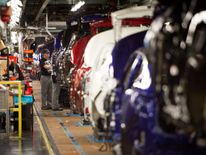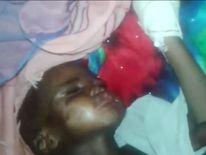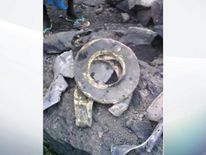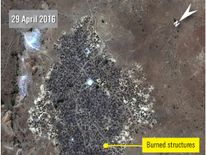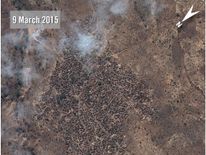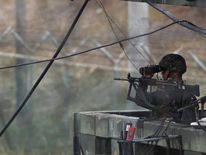Britain's two biggest carmakers are demanding guarantees from the Government over the impact from Brexit on their businesses before they commit to future investment.
Nissan, whose Sunderland's car plant is Britain's biggest, wants the UK to pledge compensation for any tax barriers that may be raised as a result of leaving the European Union.
Boss Carlos Ghosn said it could not afford to "wait until the end of Brexit" for a deal.
His counterpart at Jaguar Land Rover, Dr Ralf Speth, responded by saying his company would have to "realign its thinking" on investment if Nissan was to get any kind of compensation - insisting there should be a level playing field.
He also told the Reuters news agency there had been signs of a backlash in Europe, the firm's largest market, after the EU vote with some continental customers no longer wanting to buy British cars.
The pair spoke up amid warnings from Britain's car industry body that investment was being hit by uncertainty following the Leave vote.
The Sunderland plant is Nissan's biggest factory in Europe, with a capacity of 500,000 vehicles a year.
It represents around a third of Britain's total car output.
The plant's 6,700 workers turn out Juke, Qashqai and Leaf models, many of them for export to the continent.
Nissan is due to decide early next year on where to build its next Qashqai vehicle.
There are fears among carmakers that Britain could be heading towards a "hard Brexit" which would leave them paying tariffs to export UK-made cars to Europe.Mr Ghosn told reporters at the Paris motor show: "If I need to make an investment in the next few months and I can't wait until the end of Brexit, then I have to make a deal with the UK Government.
"You can have commitments of compensation in case you have something negative.
"If there are tax barriers being established on cars, you have to have a commitment for carmakers who export to Europe that there is some kind of compensation.
"If these kinds of principles are accepted we can go ahead because it will neutralise some of our concerns."
Sunderland voted overwhelmingly to leave the European Union in the 23 June referendum, with 61% or 82,394 of 134,400 voting out.
Another Japanese carmaker with production facilities in the UK, Toyota, has also raised concerns.
It said the imposition of duties as part of a Brexit deal would make running its Derbyshire plant "very, very tough".
Dr Speth insisted Jaguar Land Rover stood to potentially lose more if Brexit meant tariffs went up.
"We are the only car manufacturer in the UK to do all the work in terms of research, design, engineering, production planning in the UK," he said.


